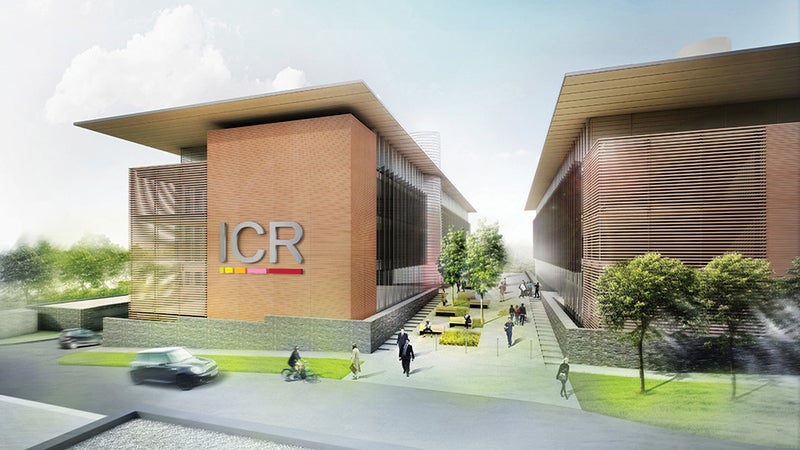
The Institute of Cancer Research London (ICR) is set to support a drug discovery programme to address treatment resistance.
The organisation will provide £75m to build a Centre for Cancer Drug Discovery, which will host the programme.

Discover B2B Marketing That Performs
Combine business intelligence and editorial excellence to reach engaged professionals across 36 leading media platforms.
Under the scheme, researchers from various disciplines will work together to develop therapies for cancer variants that are considered lethal due to their adaptability. This approach is expected to enable long-term control.
Under the programme, artificial intelligence (AI) and advanced mathematics will be used to alter cancerous cells, manipulating them susceptible to specific treatments. The researchers will develop these therapeutics to slow down the disease’s ability to change and delay its resistance to treatment.
The drugs will be designed to target the (apolipoprotein B mRNA-editing catalytic polypeptide-like) APOBEC family of proteins to minimise the rate of mutation in cancer cells.
APOBEC inhibitors are expected to be given in combination with a targeted cancer therapy for long-term control. Recent ICR research suggested that these inhibitors could improve the effectiveness of therapies that use viruses as immunotherapy against tumours.

US Tariffs are shifting - will you react or anticipate?
Don’t let policy changes catch you off guard. Stay proactive with real-time data and expert analysis.
By GlobalDataMulti-drug combinations will be developed for simultaneous blocking of a variety of cancer genes.
ICR chief executive Paul Workman said: “We will create exciting new ways of meeting the challenge of cancer evolution head-on, by blocking the entire process of evolutionary diversity, using AI and maths to herd cancer into more treatable forms, and tackling cancer with multi-drug combinations as used successfully against HIV and tuberculosis.
“We firmly believe that, with further research, we can find ways to make cancer a manageable disease in the long-term and one that is more often curable, so patients can live longer and with a better quality of life. But that research will need support and our new centre will dramatically accelerate the progress we’re already making.”
The organisation plans to raise additional £15m from philanthropic donations to complete the new building and install advanced instruments and computational technologies.




